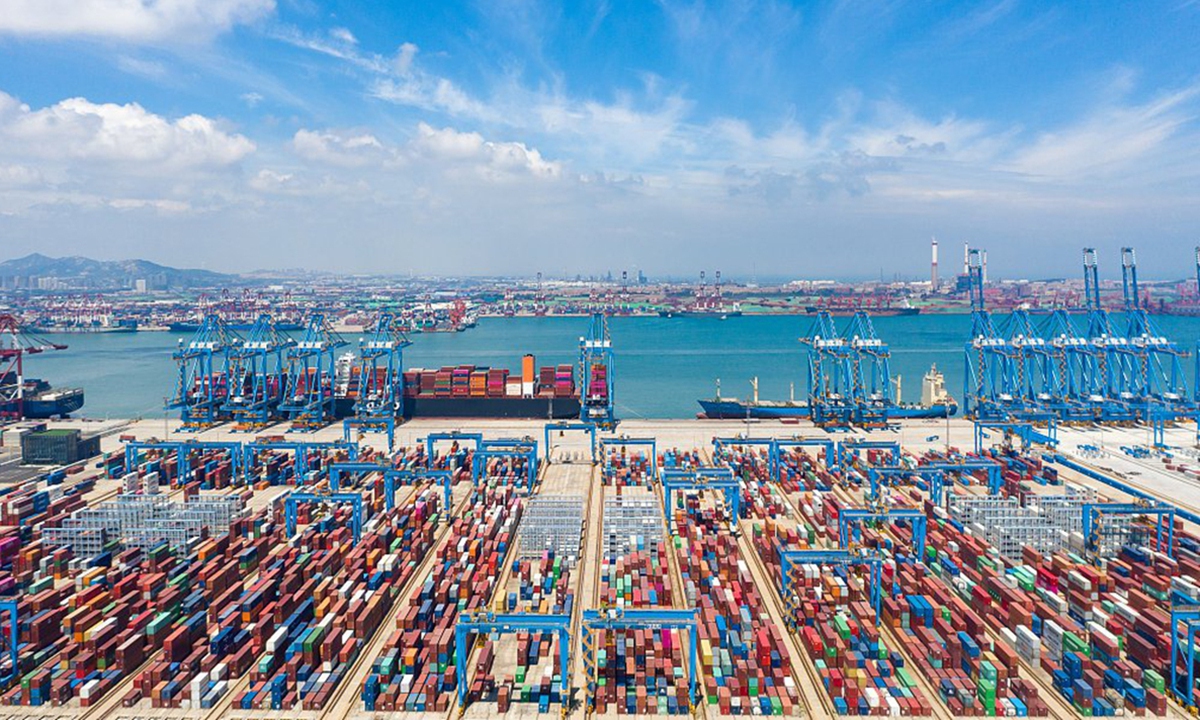


In a significant move reflecting its commitment to the Chinese market, Dow Inc. is set to 'move ahead aggressively' in China, as highlighted by Kevin Kolevar, the company's vice-president. Dow has participated in the China International Import Expo (CIIE) for seven consecutive years, underscoring its importance as a premier commercial event for multinational corporations [95e966fa]. At this year's CIIE, Dow signed 20 agreements, marking the most in its history, and presented over 100 new products, including 11 global debuts [95e966fa].
Dow's investment in China is substantial, with approximately $3 billion allocated to its Zhangjiagang facility, which plays a crucial role in the company's local manufacturing strategy. China stands as Dow's second-largest market, and the company is keen on leveraging the growing economic opportunities within the region [95e966fa].
Shanghai, which hosts 998 regional headquarters of multinational corporations, significantly contributes to the city's economy and serves as a strategic hub for companies like Dow. The company's long-standing presence in China, celebrating 45 years, positions it well to anticipate continued growth alongside the country's economic development [95e966fa].
This expansion aligns with China's broader strategy to enhance its supply chain resilience and foster economic ties with foreign investors, as seen in the upcoming China International Supply Chain Expo (CISCE) scheduled for November 26 to 30, 2024. The CISCE aims to attract over 600 companies, including global giants like Rio Tinto and Bosch, further solidifying China's role as a vital player in global trade [ef60768d].
As the global market navigates uncertainties, including trade tensions and economic challenges, Dow's aggressive expansion in China reflects a growing trend among multinational corporations to deepen their investments in the region. This move not only highlights Dow's confidence in the Chinese market but also contributes to the ongoing narrative of China's evolving role in global supply chains and foreign investment [8757821f].